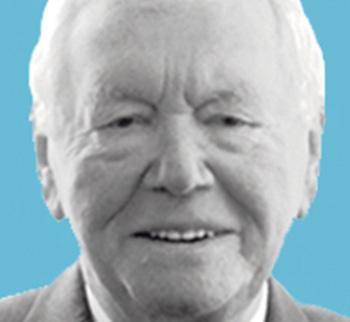Some Israeli businessmen are said to have funded a campaign to get their fellow Jewish citizens to the traditional Shabbat table. Their message is commendable, but their ads that ridicule Jews who don’t observe Shabbat in a traditional way have alienated many of those whom they were supposed to attract. Ostensibly non-observant Israelis are scandalized. They insist that their way of life isn’t less authentically Jewish than that of those who denigrate it in the name of Judaism.
They have a point. The conventional manifestations of religious Judaism – Orthodox, Reform and Conservative – are all Diaspora creations and often very different from what the ancient sources teach. Though each movement claims authenticity, none appears to have it more than any other.
One of the challenges of the leaders of all conventional manifestations of contemporary Judaism is to accept that Judaism is likely to undergo radical changes now when Jews have a state of their own.
Each movement claims to address the challenges of Jewish statehood, but the evidence doesn’t always support it. Extreme (haredi) Orthodoxy is determined to recreate the world that was lost: Ashkenazi haredim want to live in an east European shtetl, albeit with modern facilities. Their Sephardi counterparts have brought with them the Judaism they and their forbears practised in the countries of the Middle East and North Africa. Both are out of place in Israel.
Modern Israeli Orthodoxy claims to be more indigenous, but its embrace of the settlements in the West Bank and of reactionary politics is alienating many citizens.
Conservative and Reform congregations may try hard to turn themselves into Israeli creations, but their theologies have been shaped by America and Europe.
Hence the efforts to formulate a different and truly Israeli Judaism that, though secular on the surface, may be no less Jewish in terms of commitment to the history and the sources of Judaism, and to the love of the land.
Many Israelis may not observe Shabbat the way the ads suggest, yet they may live up to what Shabbat stands for in other less ritualistic but no less authentic ways. Understandably, they resent a campaign that denigrates their efforts.
Tel Aviv is considered to be the most secular city in Israel, yet it’s there that many of the new initiatives start. Two examples:
First, in its decade-long existence, Beit Tefilah Yisraeli has fused contemporary Israeli culture with Jewish tradition. Its Friday night services in the port of Tel Aviv bring together hundreds of worshippers who wouldn’t be seen in synagogues. Its study sessions attract many who don’t wish to associate with any of the traditional movements.
Second, about 25 years ago, Dr. Ruth Calderon founded a secular pluralistic Beit Midrash, and subsequently Alma, an institution devoted to helping Israelis to connect to Jewish tradition.
These efforts have given impetus to similar groups in other ostensibly secular places in Israel. And beyond that, much of popular culture is suffused with traditional Judaism, reflected, for example, in the many contemporary Israeli songs set to psalms and to traditional prayers.
To denigrate and ridicule these efforts is to ignore early signs of a renaissance of Jewish thought and practice that may render the old distinctions between secular and religious obsolete.
Prof. Arnold Eisen, the chancellor of the Jewish Theological Seminary, the nerve centre of Conservative Judaism in North America, in acknowledging that a new kind of Judaism is emerging in Israel, has written that he wants “neither to romanticize nor dismiss it.” In fact, he seems to want to claim it for his brand of Judaism.
So does Rabbi Meir Azari, who runs a very successful Reform congregation and community centre in Tel Aviv. He believes that it’s there that the future of progressive Judaism is to be found.
Instead of judging the new manifestations of Judaism through the lens of forms forged abroad, we’ve every reason to refrain from criticizing it only because it doesn’t conform to our ways.
